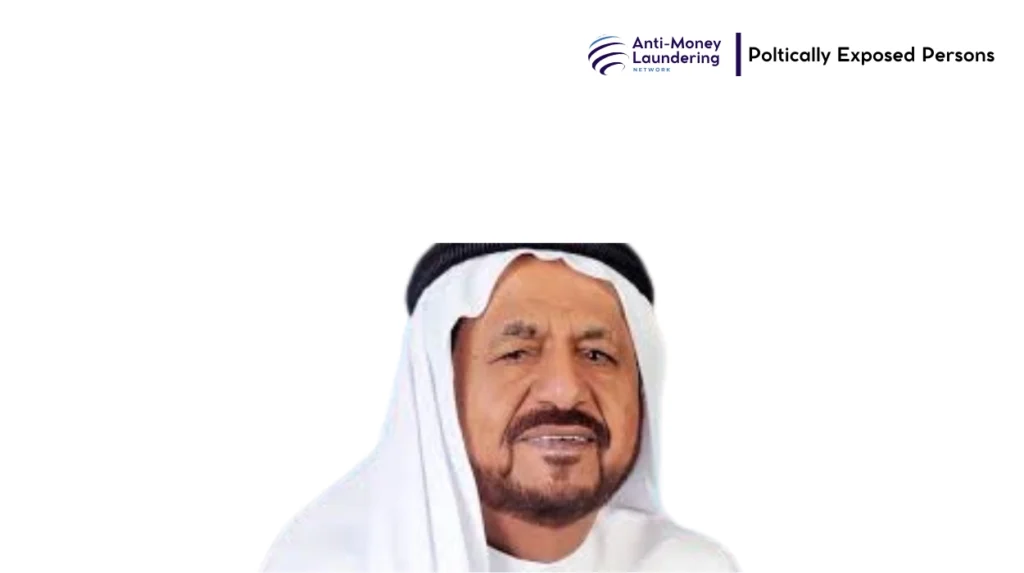The United Arab Emirates (UAE), despite recent efforts to improve its anti-money laundering (AML) framework, remains a critical hub for illicit financial flows, political elite wealth concealment, and systemic corruption risks. Known for its opulent real estate market and the concentration of politically exposed persons (PEPs), the UAE has repeatedly appeared in international investigations and leaks, exposing how its political and financial systems can be exploited to channel and launder illicit wealth. Weak regulatory enforcement, limited transparency, and a political environment that shields elites foster an environment of impunity, enabling abuses of state-linked institutions and undermining global efforts to combat financial crimes. This backdrop is essential for understanding the role of individual PEPs in perpetuating these risks within the UAE’s opaque governance structure.
Sultan Rashed Saeed Aldhaheri is a long-standing political and financial figure in the UAE’s elite governance landscape, holding prominent roles within state-linked financial institutions and the Federal National Council. While there are no direct allegations or confirmed evidence implicating him in money laundering or financial misconduct, the nature of his positions within the UAE’s opaque political and financial environment implies a systemic risk context. The UAE’s political system is widely criticized for limited transparency and mechanisms that can shield elites from scrutiny, which heightens susceptibility to impunity and abuse of power, often indirectly benefiting figures such as Aldhaheri through the broader institutional framework. If illicit practices exist involving him or his associates, they remain unconfirmed publicly, reflecting the challenges of investigating and prosecuting high-level PEPs in systems characterized by elite protection and weak institutional checks.

